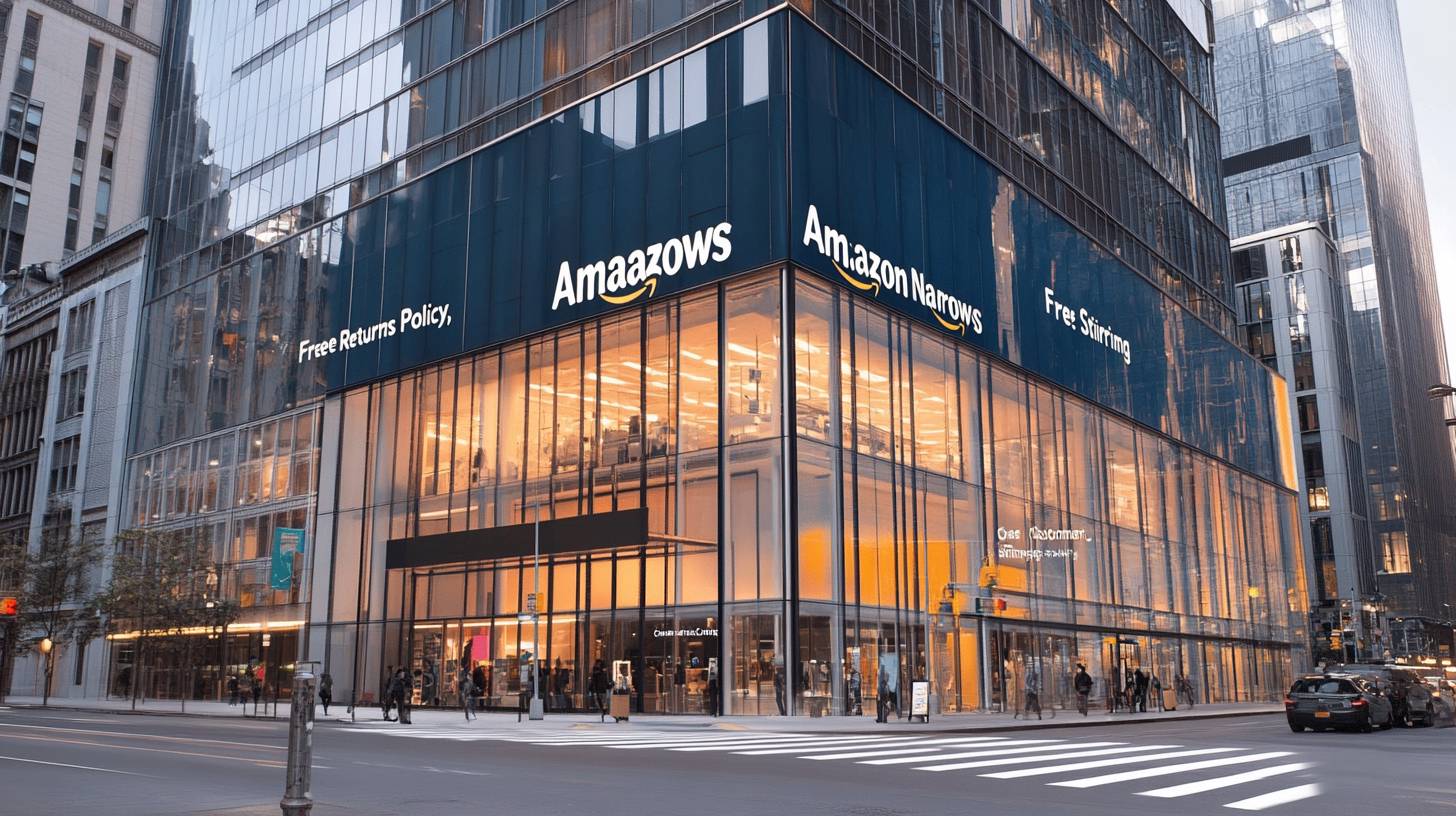
End of Amazon Today Service Set for 2025
Amazon has revealed plans to terminate its Amazon Today service, starting January 24, 2025. This initiative, which began in 2022, enabled Prime members to order products from nearby retailers with options for same-day delivery or pickup. Participating merchants included prominent brands like GNC, PacSun, Diesel, and SuperDry, all of which needed to uphold a demanding “Pickup Readiness Rate” of 99%, guaranteeing that orders were prepared within 60 minutes of the notification.
At present, the service is free for Prime members who make purchases of or more on eligible items, while a .99 fee is levied on smaller orders. Nonetheless, Amazon has pointed to a duplication between Amazon Today and its other speedy delivery services as the rationale for ending the program. The company has assured customers that the majority of items offered through Amazon Today will remain available through its same-day or next-day delivery services.
The choice to discontinue Amazon Today is expected to have a significant impact on the workforce, with employees linked to the service potentially experiencing layoffs or being reassigned to different positions within the organization. This decision aligns with Amazon’s ongoing efforts to streamline its operations and enhance its overall delivery network.
Advancements in Amazon’s Delivery Speed Amidst Challenges
Amazon’s current emphasis on enhancing delivery speeds comes at a point when the corporation is encountering growing scrutiny from both customers and competitors. In an earnings call in August 2024, CEO Andy Jassy noted that Amazon had successfully delivered over 5 billion units on the same day or the next day this year, achieving a notable milestone in the company’s logistics performance. This accomplishment highlights Amazon’s determination to preserve its competitive advantage in the swiftly evolving e-commerce landscape, where delivery speed is frequently a critical factor.
However, the company’s ambition for quicker delivery has faced its share of obstacles. Amazon has encountered backlash from customers who have reported delays and failed delivery commitments, especially for same-day and next-day offerings. These challenges have been intensified by the vast scale of Amazon’s operations, which cover numerous areas and involve intricate logistics systems. In response, Amazon has been heavily investing in the expansion of its same-day facility network and the regionalisation of its inbound inventory. Through these efforts, the company aims to minimize the distance between its fulfilment centres and customers, therefore decreasing delivery times and operational costs.
For Australian businesses, Amazon’s logistical progress could establish a new standard for delivery expectations within the local market. As Amazon continues to enhance its delivery infrastructure, Australian retailers may need to reevaluate their supply chain tactics to maintain competitiveness. The rise of same-day and next-day delivery as standard offerings could compel local businesses to invest in quicker fulfilment solutions or risk falling behind global competitors like Amazon.
Furthermore, Amazon’s initiatives to consolidate more orders into single shipments and minimize inventory movements between fulfilment centres could act as a benchmark for Australian companies seeking to enhance their own operations. By optimizing logistics and reducing unnecessary transfers, businesses can not only boost delivery times but also cut costs—a vital aspect of ensuring profitability in a fiercely competitive retail landscape.
While Amazon’s enhancements in delivery speed are commendable, they also pose challenges concerning the sustainability of such rapid fulfilment practices. The environmental repercussions of same-day and next-day deliveries, particularly regarding carbon emissions and packaging waste, are issues that both Amazon and its rivals must confront. As consumer appetite for expedited deliveries increases, the onus will also be on companies to develop more environmentally friendly solutions to satisfy these demands.

